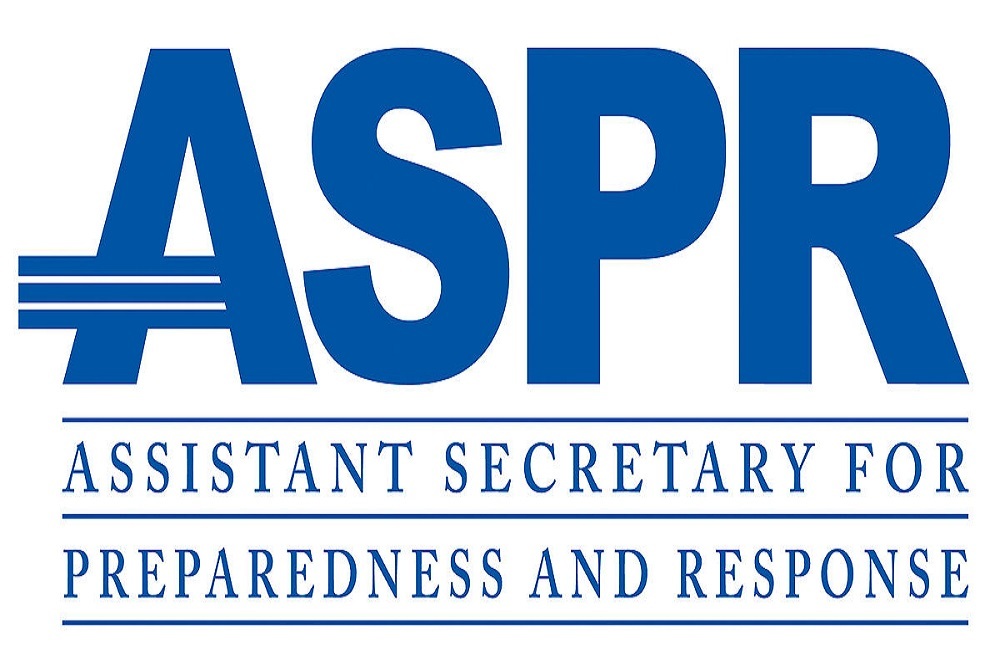Assistant Secretary for Preparedness and Response (ASPR) - Public Health Preparedness - Blog issued the following announcement on July 13.
In the 20th century alone, smallpox deaths worldwide numbered in the hundreds of millions. Roughly one-third of people infected with the disease died, while survivors were often left with permanent scars or blindness. After an aggressive global vaccination program in the mid-1970s, the World Health Organization declared smallpox eradicated.
But smallpox remains a health security threat in the 21st century. Fears that undeclared stocks of the smallpox virus might exist and that they could be used as weapons of bioterrorism spurred the U.S. government’s Biomedical Advanced Research and Development Authority (BARDA) to fund the advanced research and development of antiviral drugs against smallpox. Today, the Food and Drug Administration (FDA) approved the use of TPOXX® (tecovirimat), produced by SIGA Technologies, as a treatment for smallpox.
TPOXX® is the first – and only – smallpox antiviral treatment approved by the FDA. It works by preventing the smallpox virus from leaving an infected cell and spreading to the rest of the body, effectively containing the infection until the body’s immune system can fight off the disease. This is important because smallpox vaccination ended in the U.S. in the early 1970s, so people born after that time are highly vulnerable to the disease. If the virus were used in a bioterrorism attack, HHS estimates that 1.7 million people or more could need treatment. Under Project BioShield, BARDA has acquired 2 million courses of TPOXX® for the Strategic National Stockpile.
The U.S. biodefense goal for protecting Americans against intentional or unintentional release of the smallpox virus or a naturally occurring outbreak is to have two antiviral drugs to compliment smallpox vaccines that are already licensed or under development. In addition to TPOXX®, BARDA is supporting the development of a smallpox vaccine for at-risk populations and has an open solicitation under Project BioShield (PBS) to develop an intravenous formulation of a smallpox antiviral for patients who are too young or too sick to take oral medications. The development of these products supports not only U.S. national health security, but also strengthens global public health security, since any confirmed case of smallpox in the world would become a cause for international concern.
The approval of TPOXX® serves as an exemplary model of government working collaboratively with its interagency partners and industry to meet a national biodefense need. TPOXX has received support from the National Institutes of Health, the Centers for Disease Control and Prevention, the U.S. Department of Defense United States Army Medical Research Institute of Infectious Disease and the Defense Threat Reduction Agency, and BARDA. The commercial market for medical countermeasures against bioterrorism threats is practically non-existent. The diminished return on investment for these products presents considerable barriers to most pharmaceutical companies and their investors. Without federal government support, few medical countermeasure drugs, vaccines, or treatments would ever become candidates for development.
BARDA partners with and invests in a diverse portfolio of researchers and companies, fostering innovation and bolstering America’s preparedness against bioterrorism threats. These partnerships have resulted in 38 FDA approvals, licenses or clearances for BARDA-supported products. These products protect Americans from chemical, biological, radiological, and nuclear threats; pandemic influenza; and emerging infectious diseases. For information about BARDA’s medical countermeasures, go to MedicalCountermeasures.gov.
Original source can be found here.


 Alerts Sign-up
Alerts Sign-up